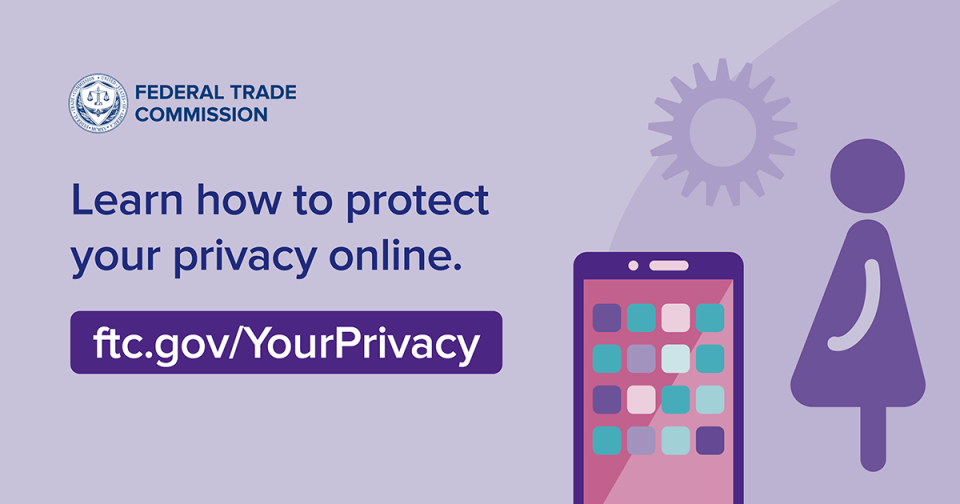Premom Ovulation Tracker Shared Users' Private Information
A smartphone app helps consumers track their ovulation but the FTC says it shares personal info with outsiders.

By Amy Hebert
Consumer Education Specialist, FTC
If you’re trying to become pregnant, you might be looking for an easy way to track your fertility and ovulation. But you probably aren’t looking for that information to get shared without your permission. Unfortunately, that’s what happened to users of pregnancy app Premom Ovulation Tracker.
Premom, a free app, marketed itself as an accurate fertility calendar, among other things. Users could log their periods and upload pictures of ovulation test strips so Premom could analyze and predict the next ovulation cycle. And users could import health data from other devices or apps, like the Apple Health app or Bluetooth thermometers.
But, according to the FTC, Premom shared users’ information with other companies, including Google and China-based marketing and analytics firms — all without telling users, getting their permission, or limiting what companies could do with the information. This led to FTC charges that Premom illegally shared users’ sensitive information like their health information, location, and device identifiers, which could be used to personally identify them.

The FTC just announced that Easy Healthcare, the company behind Premom, has agreed to settle those charges. Among other things, the company has agreed to limit how it shares users’ information, and to tell users how their personal information will be used.
To protect your privacy when you use an app:
- Opt out of targeted ads, if possible. If you choose to opt out, do it on every device and browser you use. Besides in-app tools, the Digital Advertising Alliance and the Network Advertising Initiative have free opt-out tools.
- Check if you can customize your privacy settings. If the app doesn’t need the info it collects, especially your location, turn it off. If the app does need it, consider limiting access to only when the app is in use.
- Find out if you have the right to tell the company to delete your data. Some state laws give you that right. Learn more at the U.S. State Privacy Legislation Tracker from the International Association of Privacy Professionals.
Learn how to protect your privacy online and on apps at ftc.gov/yourprivacy.
"Premom broke its promises"
“Premom broke its promises and compromised consumers’ privacy,” said Samuel Levine, Director of the FTC’s Bureau of Consumer Protection. “We will vigorously enforce the Health Breach Notification Rule to defend consumer's health data from exploitation. Companies collecting this information should be aware that the FTC will not tolerate health privacy abuses.”
This is the FTC’s second enforcement action involving the Health Breach Notification Rule following a settlement announced in February with telehealth and prescription drug discount provider GoodRx Holdings Inc. The FTC charged that GoodRx violated the rule by failing to notify users’about the company’s unauthorized disclosure of their personally identifiable health information to Facebook, Google and others.
As part of a proposed order filed by the Department of Justice on behalf of the FTC, Illinois-based Easy Healthcare Corporation, which operates the Premom app, would be barred from sharing users’ personal health data with third parties for advertising, required to obtain users’ consent before sharing health data for any other purpose, and must tell consumers how their personal data will be used. The proposed order must be approved by the federal court to go into effect.
The Premom app, which is free to download and used by hundreds of thousands of people, helps users track ovulation, periods, and other health information, and also sells ovulation test kits. The app encourages users to provide information about their menstrual cycles, fertility, and pregnancy as well as to import their data from other apps such as Apple Health.
